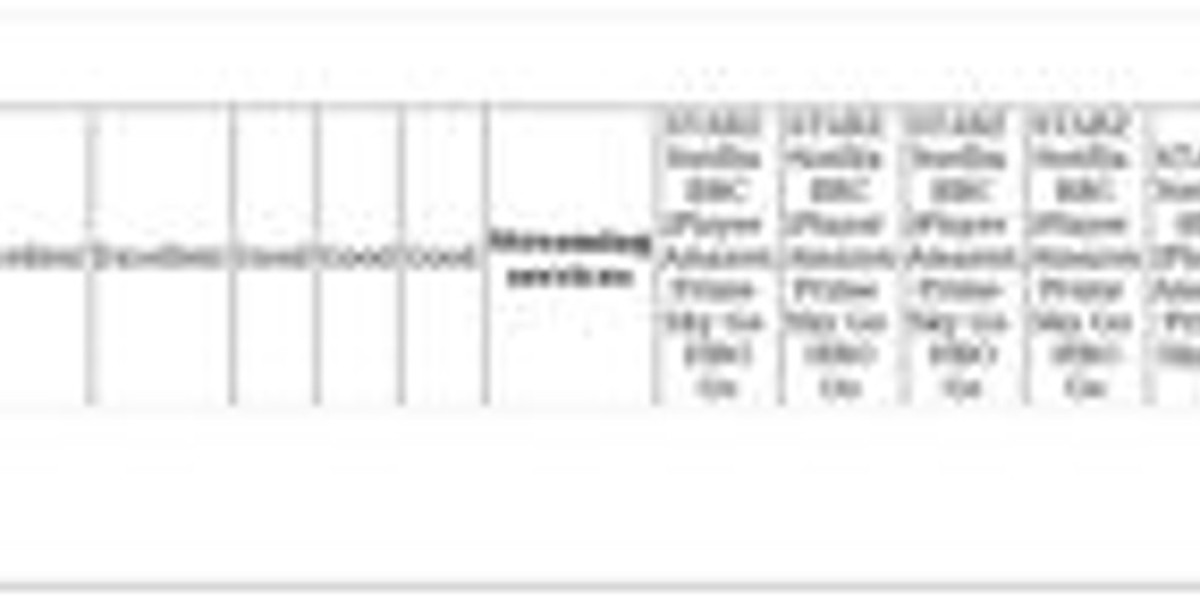In today’s digital-first world, businesses compete not only for the best products or services but also for the top spots on search engines. Google, with its staggering 90% share of the search market, has become the ultimate battleground. This leads to the burning question for marketers, startups, and entrepreneurs alike: how much does it cost to buy keywords on Google? Understanding this cost is essential for planning an effective online marketing strategy, maximizing ROI, and staying ahead of the competition.
Understanding Google Keyword Advertising
Before diving into costs, it’s crucial to understand what buying keywords on Google entails. Google Ads operates on a pay-per-click (PPC) model. Essentially, businesses bid on specific keywords, and each time someone clicks on their ad, they pay a fee. This makes keyword selection and bidding strategy central to effective campaigns.
The cost of buying keywords isn’t fixed—it varies widely depending on competition, industry, location, and the specific keyword’s commercial intent. For example, highly competitive industries like legal services, insurance, or finance often see keyword costs soar to tens of dollars per click, while niche or less competitive keywords may cost only a few cents.
Factors That Influence Google Keyword Costs
1. Industry Competition
The more advertisers targeting a keyword, the higher the cost. For instance, “personal injury lawyer” is extremely competitive, and the cost-per-click (CPC) can exceed $100 in the U.S., whereas a term like “best hiking trails in Idaho” might cost under $1 per click.
2. Keyword Intent
Keywords with strong commercial intent—those likely to lead to sales—tend to cost more. For example, “buy iPhone 15 online” is more expensive than “history of iPhone 15” because one suggests a purchase, and the other is informational.
3. Geographic Location
Costs can fluctuate depending on the target market. Keywords targeting major metropolitan areas like New York or London tend to cost more than those aimed at smaller towns or regions.
4. Quality Score
Google rewards ads that are relevant and provide a good user experience. A higher Quality Score can lower your CPC. This means that even if you bid aggressively, poorly written ads or irrelevant landing pages can inflate costs.
5. Seasonality
Certain times of the year—holidays, events, or industry-specific cycles—can drive up costs. For example, retail keywords spike during Black Friday or Christmas, while tax-related keywords surge in April.
Average Costs: What You Can Expect
Understanding the broad range of costs is essential for budgeting. While there is no one-size-fits-all answer, here are some rough averages:
- Low competition keywords: $0.50 – $2 per click
- Medium competition keywords: $2 – $10 per click
- High competition keywords: $10 – $50+ per click
- Extremely competitive industries (law, insurance, finance): $50 – $100+ per click
It’s important to note that these costs are just the starting point. A successful campaign requires ongoing monitoring, bid adjustments, and keyword optimization.
Tips to Optimize Your Keyword Spending
1. Use Long-Tail Keywords
Long-tail keywords (more specific phrases like “affordable SEO services for small businesses”) usually cost less and often convert better because they target a precise audience.
2. Focus on Relevance
Ensure your ads match the keywords you’re bidding on. Irrelevant ads lead to low click-through rates, higher costs, and wasted budget.
3. Leverage Negative Keywords
Exclude terms that attract clicks from users unlikely to convert. For instance, if you sell premium shoes, adding “cheap” as a negative keyword can prevent unqualified traffic.
4. Start Small and Test
Begin with a modest budget, track performance, and scale gradually. This helps you identify the most profitable keywords without overspending.
5. Monitor Competitors
Keeping an eye on competitors’ keywords and strategies can reveal opportunities to bid strategically and gain an edge without overspending.
The ROI Question: Is It Worth It?
Buying Google keywords can be expensive, but the return on investment can justify the cost—if done wisely. High-quality traffic from well-chosen keywords can generate leads, sales, and brand awareness that far exceed the ad spend. The key is to focus on conversion-focused keywords rather than merely chasing cheap clicks.
Future Trends in Google Keyword Costs
As more businesses embrace digital marketing, competition for keywords will likely increase, driving costs higher. AI and automation are also changing the landscape, enabling smarter bidding strategies and better audience targeting. Businesses that adapt to these changes early—optimizing for intent, leveraging automation, and focusing on relevance—will gain a competitive advantage.
Conclusion: Thinking Strategically About Keyword Investment
So, how much does it cost to buy keywords on Google? The answer is complex—it depends on competition, intent, location, and strategy. The real insight is that cost alone shouldn’t dictate your approach; effectiveness, relevance, and return on investment should. By understanding these factors and investing wisely, businesses can not only control costs but also maximize the impact of every click.
As digital marketing evolves, the challenge will be balancing costs with value. The smarter and more strategic your keyword investments, the greater your chances of turning clicks into meaningful business growth. The question isn’t just about cost—it’s about how effectively you can convert attention into action. And that will continue to define success in the world of Google Ads.



